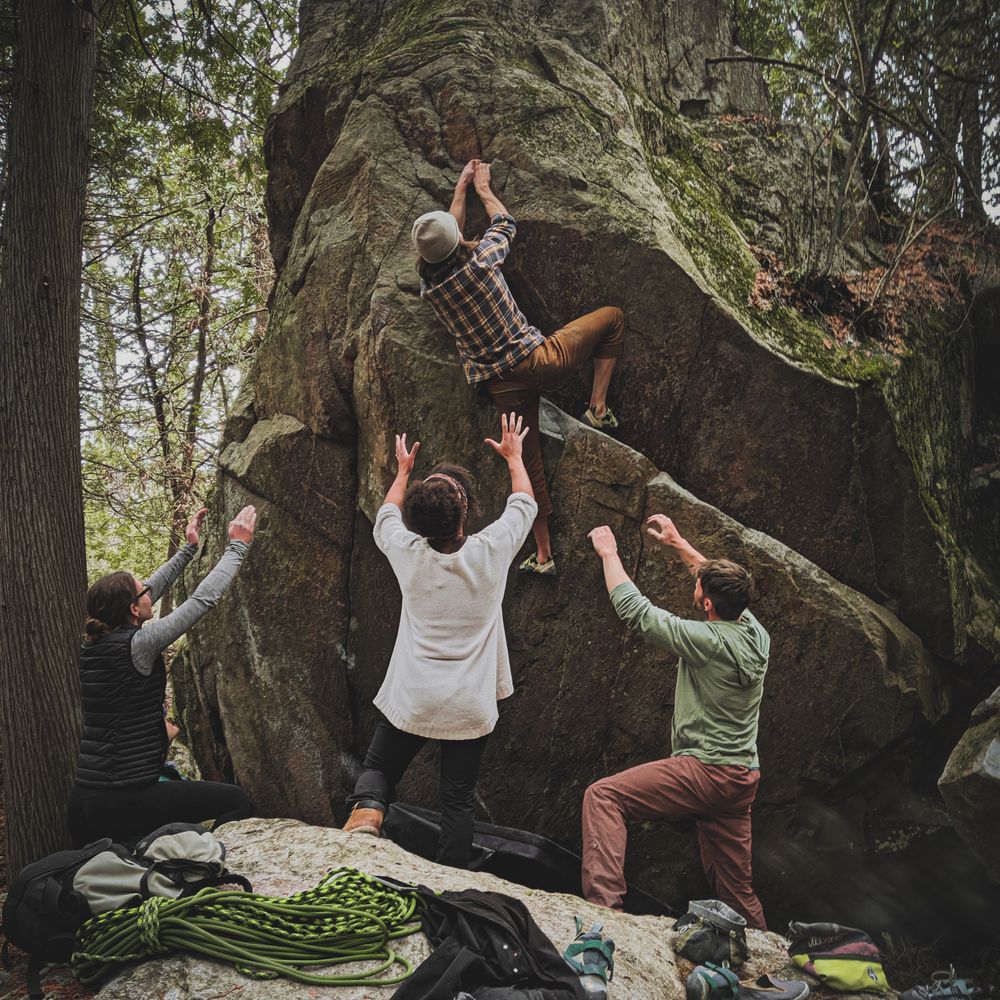LEWT: The London Exploratory Workshop in Testing
LEWT ran from 2005-2012 ish. This is how I described it, then. I'll follow this article with some less-circulated stuff that I wrote when people asked how and why I helped LEWT to work.
You need to know that anybody was welcome, until we'd filled the room, and that we facilitated the conversations, not the content.
LEWT is an exploratory peer workshop. We take the view that discussions are more interesting than lectures. We enjoy diverse ideas, and limit some activities in order to work with more ideas.
Currently, the workshop is structured as a series of short talks, each followed by a longer discussion. The workshop is one day long. Most participants will make a short presentation, and talks and discussions are time-limited. New talks can be added at any time; participants prioritise the talks as the day goes on.
Attendance is by application and invitation. People who have been to the previous LEWT have first claim on seats. Attendees are expected, but not required, to have a brief talk. We have space for two people with less than two year’s experience – they’re not expected to have a talk, but are otherwise full participants. We share the costs of room and food, and no one charges or is paid for their time or expenses.
LEWT is run along approximately the same lines as LAWST™, particularly regarding intellectual property and publication. However, LEWT is not LAWST™. A number of the ‘basic format’ guidelines in the introduction to the LAWST™ handbook are superseded by LEWT’s local guidelines. The LAWST™ handbook is currently here: http://www.kaner.com/pdfs/lawsthb.pdf. ASThave a LAWST™ page.
Major differences between LEWT and LAWST™:
- LEWT has many talks, and limits discussion in order to move to the next talk.
- LEWT is an exploratory workshop. We aim to improve our understanding by sharing and discussing our experiences. The workshop does not necessarily share LAWST™’s aim to ‘crystallise conclusions, rules or techniques’.
- Most LEWT attendees present a talk and answer questions.
- We don't have a content owner - the group owns the content.
- Some spaces are reserved for testers with less than two years experience.
What's the process?
LEWT has attracted interest within the testing community. This is a brief summary of the preparation for the workshop, and how the day is run.
Before the workshop:
- Everyone submits a title for a ten-minute talk.
- We have a project site, where we can discuss ideas before and after the event.
- It’s helpful to have abstracts for talks, and a brief biography.
During the workshop:
- All the talks we haven’t yet heard are stuck on a wall. Participants can add new talks at any time.
- Everyone gets a limited number of sticky dots. These are votes – you vote for the talks you would most like to hear. Votes may be cast throughout the day.
- The day is split into 90-minute sessions. Before each session, and with attention to the vote and the flow of the day, the facilitator choses a group of three talks to be covered in the 90 minutes.
- A talk gets thirty minutes. The speaker present his or her ideas for ten minutes at most, preferably less. The rest of the time is spent on questions. When time is up, we move to the next talk.
- During the talk, focus any questions on clarification. Leave most questions until the discussion.
- The facilitator will handle the question queue during discussions, and keep track of time.
After the workshop:
- We’ll post recordings etc. on the project site.
- Papers using ideas from the workshop should acknowledge the workshop and list participants.
Refinements:
- Times may change – typically reducing.
- We will go to the next item if there are no more questions.
- On request, we can move to the next item before time, or can add five minutes to the end of the questions. These decisions are taken collectively (action and majority are left to the facilitator’s discretion).
- You can vote more than once for a talk.
- You can vote for your own talk





Comments
Sign in or become a Workroom Productions member to read and leave comments.